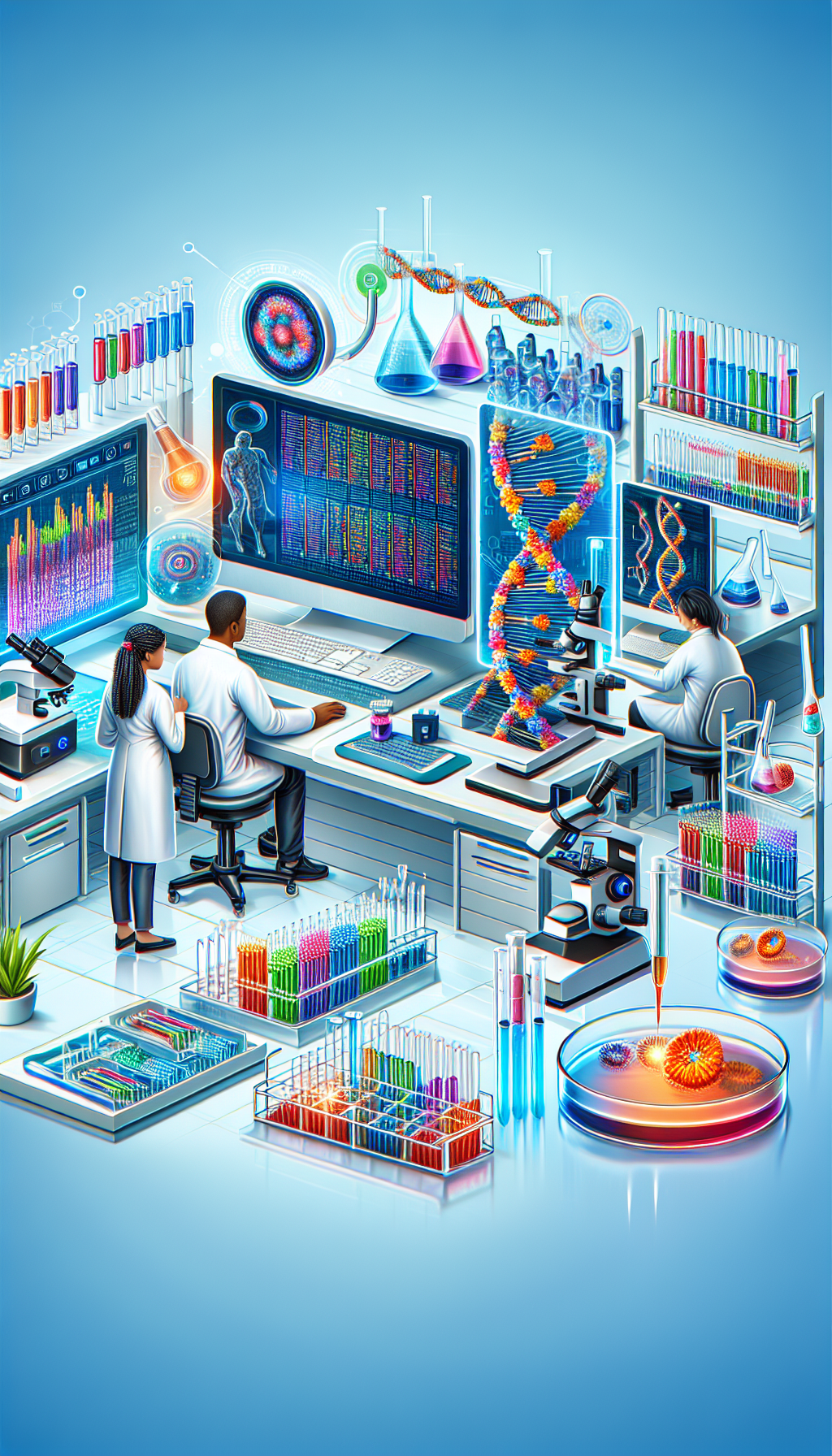In modern healthcare, the continuous evolution of supplement delivery systems plays a crucial role in improving patient outcomes and ensuring the efficient utilization of nutrients and medications. This article explores the cutting-edge advancements in supplement delivery systems, shedding light on how they enhance the effectiveness of dietary supplements and contribute to overall health and wellness.
The Evolution of Supplement Delivery
Traditionally, supplements have been administered orally in the form of pills, capsules, or liquids. However, with research and technological improvements, the scope of delivery methods has broadened significantly. Innovative delivery systems now focus on increasing bioavailability, improving the timing of nutrient release, and enhancing the consumer experience.
Enhancing Bioavailability
Bioavailability is a critical factor in the effectiveness of supplements. It refers to the proportion of a nutrient that is absorbed and utilized by the body. Advances in supplement delivery systems aim to overcome barriers to bioavailability such as poor solubility or instability in the digestive tract.
For example, liposomal delivery systems encapsulate nutrients within lipids, allowing them to pass through the digestive system without degradation. This method has been particularly beneficial for nutrients like vitamin C, which are otherwise susceptible to breakdown before they can be absorbed.
Targeted Release Technologies
The development of targeted release technologies ensures that nutrients are released at the optimal location within the digestive system, or even at specific times. Microencapsulation and nanoencapsulation are two techniques that protect the active ingredients until they reach their intended site of absorption.
Controlled-release tablets and capsules are designed to dissolve slowly, maintaining a consistent level of the nutrient in the bloodstream over an extended period. This steady release can be critical for nutrients that the body cannot store.
User-Friendly Formats
Advancements in supplement delivery systems are not solely focused on the biochemical aspects of nutrient absorption; they also aim to create user-friendly formats that encourage regular use. Gummies, effervescent tablets, and oral sprays are more convenient and enjoyable to take than traditional pills, which can increase adherence to supplementation regimens.
The Role of Technology in Personalization
Personalization is becoming increasingly important in healthcare, and supplement delivery systems are no exception. The integration of technology allows for customized supplement plans tailored to an individual’s specific health needs and goals.
Digital Health Tools
Digital health tools like mobile apps and wearable devices can monitor various health metrics in real-time, providing data that can inform personalized supplement strategies. For example, someone with a fitness focus might use a wearable that tracks nutrient intake and suggests supplements based on their activity level and recovery needs.
Genomic Insights
Genetic testing offers profound insights into how an individual’s body may respond to different nutrients, which can guide the formulation of personalized supplements. By understanding genetic variations, providers can recommend delivery systems and nutrient combinations that are more likely to be effective for each person.
Integration with Preventive Healthcare
The rise of preventive healthcare has seen a corresponding increase in the use of dietary supplements to support health and prevent disease. Advanced supplement delivery systems play a pivotal role in this shift by making supplementation more effective and targeted.
For instance, antioxidant supplements have been recognized for their potential in disease prevention. Research suggests that when delivered effectively, antioxidants can combat oxidative stress and reduce the risk of chronic diseases.
The Importance of Clinical Trials
As with any healthcare advancement, rigorous testing is essential to validate the safety and efficacy of new supplement delivery systems. Clinical trials not only provide scientific evidence of benefits but also help to refine products based on patient experiences and outcomes.
External Support for Advancements in Delivery Systems
Several high-quality resources lend support to the significance of advancements in supplement delivery systems:
- The National Institutes of Health (NIH) provides extensive research on dietary supplements, including studies on bioavailability and the effectiveness of various delivery methods.
- The American Society for Nutrition offers insights into the latest research and reviews on nutrients and their optimal delivery for health benefits.
- The Journal of Controlled Release publishes peer-reviewed articles focused on the controlled release of drugs and nutrients, showcasing innovative delivery technologies.
Future Directions
The future of supplement delivery systems holds promising potential for further personalization, effectiveness, and integration with broader health management strategies. As the field continues to evolve, we can expect to see more sophisticated technologies like 3D-printed supplements that offer unparalleled customization or implantable devices that provide continuous, controlled nutrient delivery.
In conclusion, advancements in supplement delivery systems signify a major leap forward in our ability to optimize nutrient intake and enhance health outcomes. Through increased bioavailability, targeted release, and personalized solutions, these innovations hold the key to unlocking the full potential of dietary supplements in both preventive and therapeutic contexts.
For further reading on health and supplements, explore topics such as medication and supplement interactions, the role of dietary supplements in preventive healthcare, and personalized medicine.
Additionally, for those interested in how supplements can support specific health areas, information on brain health can provide valuable insights into cognitive function and the role of targeted supplementation.



